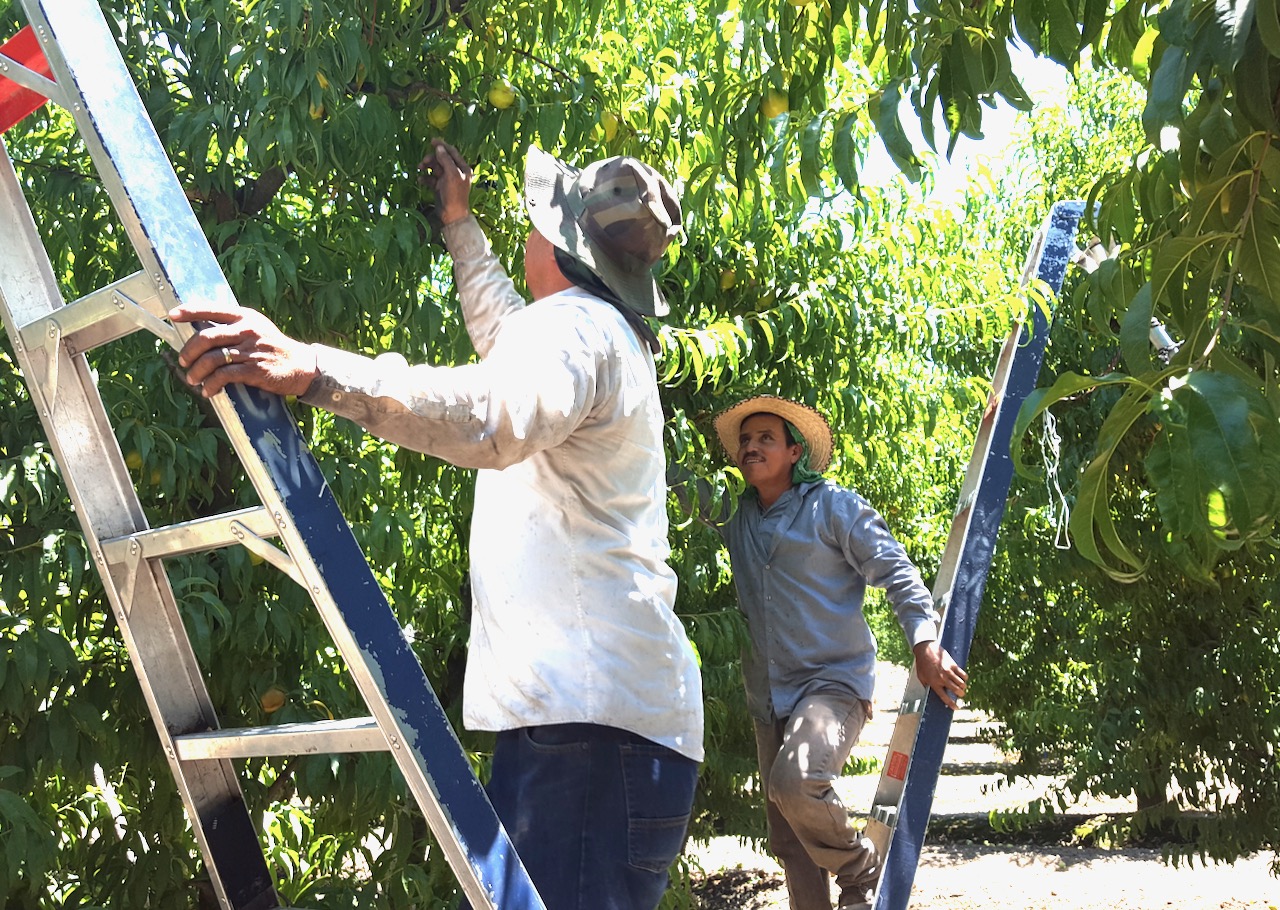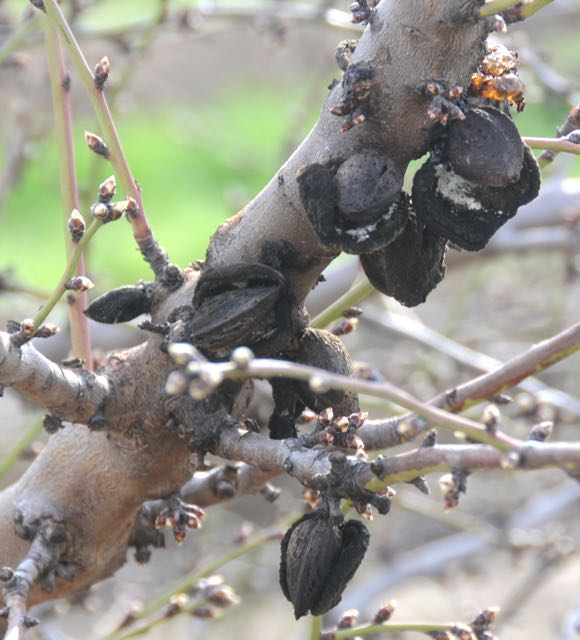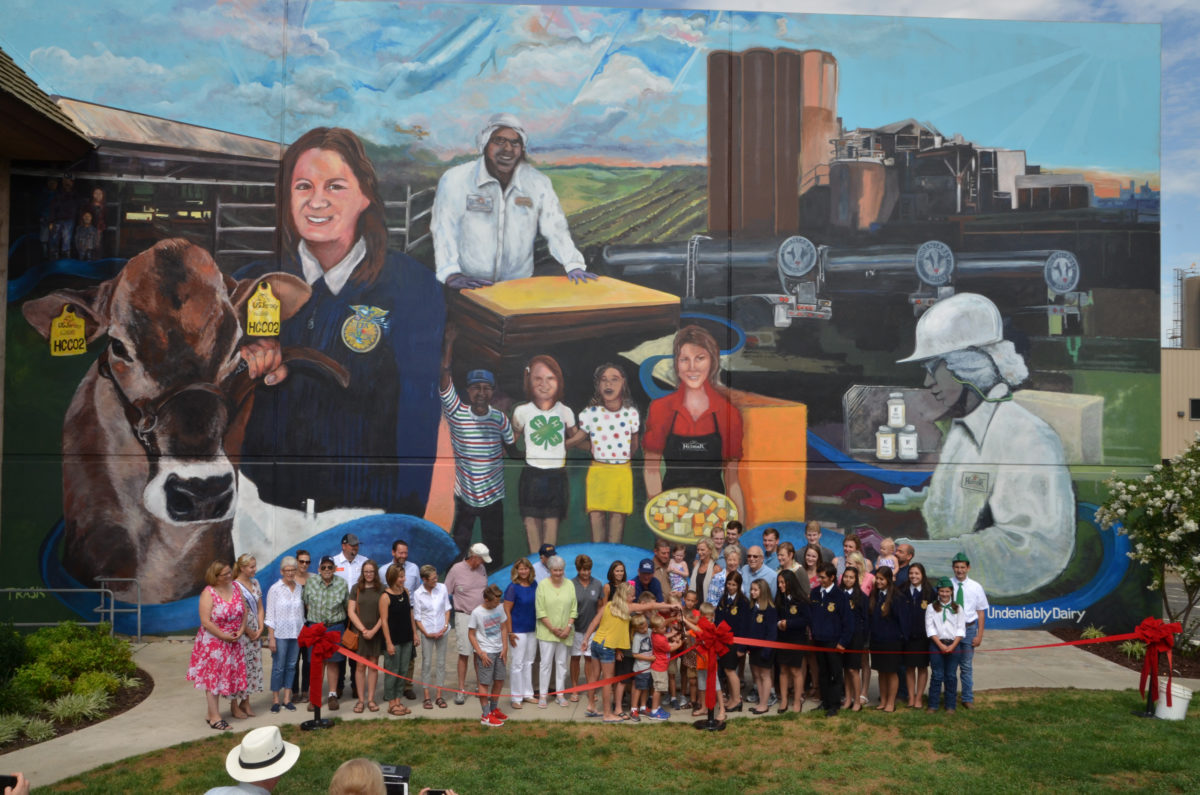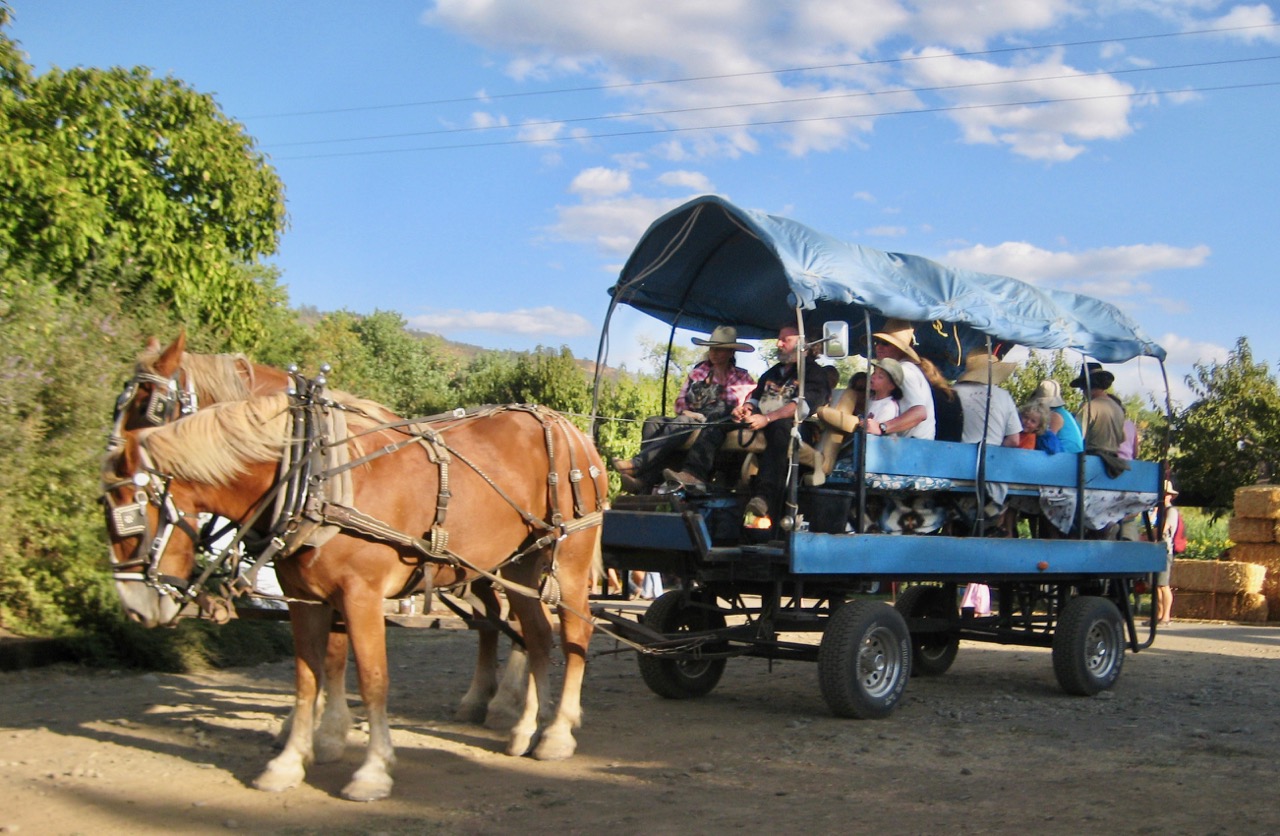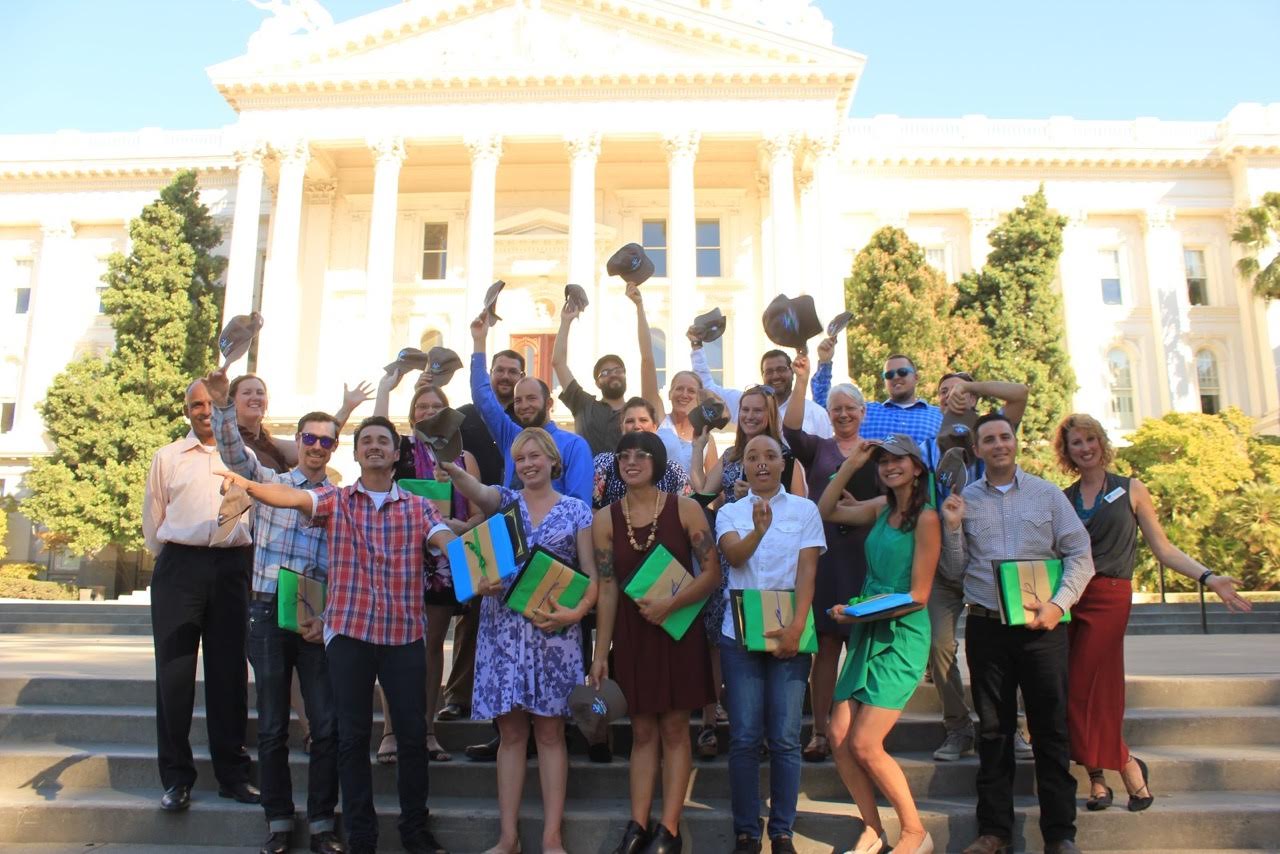Bee Sweet Citrus Joins National Campaign to Support Healthy Eating
Bee Sweet Creates Everyday Healthy Eating Habits
News Release Edited By Patrick Cavanaugh
For the third consecutive year, Bee Sweet Citrus is eager to help kick off the Power Your Lunchbox Promise with Produce for Kids. The Power Your Lunchbox Promise, a national campaign, aims to encourage families and their children to eat healthier lunches, afterschool snacks and everyday dinners.
“Bee Sweet Citrus is very excited to take part in such an amazing, health-oriented campaign,” said Bee Sweet Citrus Director of Communications Monique Bienvenue. “For the past five years, Produce for Kids has done an amazing job of sharing healthy tips and recipes with families and educators. We’re eager to see how our combined efforts can help encourage healthy habits at home and in the classroom.”
The Power Your Lunchbox campaign ends on September 23rd. Throughout the campaign, families will be encouraged to take an online promise that supports healthy eating at home and at school. For every promise made, sponsors of the Power Your Lunchbox Promise will make a collective $1 donation to Feeding America programs that support families and children.
In addition to the online promotion, Produce for Kids will be marketing register dietitian-approved recipes and nutrition tips on their online and social media platforms. Supporters are encouraged to use the #PowerYourLunchbox hashtag throughout the campaign to help spread awareness on their own social media accounts as well.
“As we celebrate the 5th year of the Power Your Lunchbox Promise, and over 1 million meals donated to Feeding America through the program, we could not have made such an impact without the support of passionate partners like Bee Sweet Citrus,” said Amber Bloom, the digital marketing manager for Produce for Kids. “Together, we’re creating a healthier generation one promise, lunchbox and meal donated at a time.”


